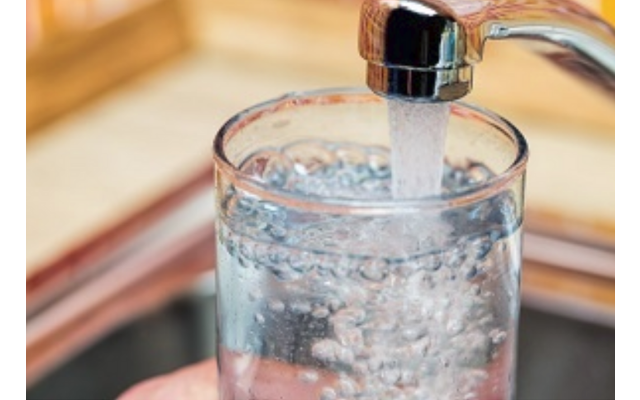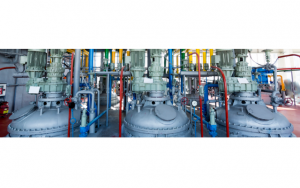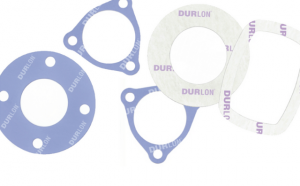The majority of governmental agencies regulating drinking water supplies require that any product made or used in North America for the manufacture, distribution, or treatment of drinking water or drinking-water-related products must comply with the standards set forth in NSF/ANSI 61: Drinking Water System Components – Health Effects. These regulations apply to every component at every stage of the production process, from cement and paint to meters, valves, and gaskets.
FNSF/ANSI 61 Certification
When looking for drinking water system components, especially drinking water system gaskets, there are three critical standard marks you should be looking for:
- NSF/ANSI 61
- ASSE 1061
- ASTM F2854
ASTM F2854 sets standards for, among other things, chloramine resistance in push-fit fitting gaskets for use in drinking water systems, while ASSE 1061 sets minimal tensile strength requirements for various operating scenarios.
NSF International — publisher of NSF/ANSI 61 offers a certification to push-fit fitting gasket manufacturers that meet the requirements of all three of these standards. The testing is rigorous and, to remain certified, gasket manufacturers must pass regular product tests and random annual inspections.
Material Requirements
Together, NSF/ANSI 61, ASSE 1061, and ASTM F2854 levy very strict material guidelines, setting a number of benchmarks that must be met before certifications can be made.
One of these benchmarks is chloramine resistance. Chlorine and chloramine are used by the vast majority of municipalities in the United States to disinfect drinking water system supplies.
Though used in volumes far too low to have an impact on humans, the chloramines in drinking water can greatly affect the elastomers that comprise push-fit fitting gaskets, causing cracking, elasticity loss, severe swelling, and tensile strength loss.
Therefore, high chloramine resistance is critical to ensure reliability and strength in drinking water system supplies.
The purity of materials, particularly polytetrafluoroethylene (PTFE) based plastics, and contaminant levels — which NSF requires be tested by toxicologists — must also meet strict requirements.
NSF/ANSI 61 Certified Gaskets From GRI
Working in a number of industries, including those that involve drinking water systems, Gasket Resources Inc. manufactures high-quality fluid sealing solutions, namely custom gaskets.
We take a number of steps to ensure that our gaskets, including push-fit fitting gaskets, are of the highest quality.
First, we work hard to maintain our NSF/ANSI 61 certification. We also offer a wide variety of materials and compounds that meet both FDA and NSF regulations.
One of these materials, Durlon® 7910, is commonly used for drinking water systems gaskets. A compressed, asbestos-free sheet material containing high-strength mineral fibers and nitrile rubber, Durlon® 7910 was explicitly designed to meet NSF/ANSI 61 certification requirements.




